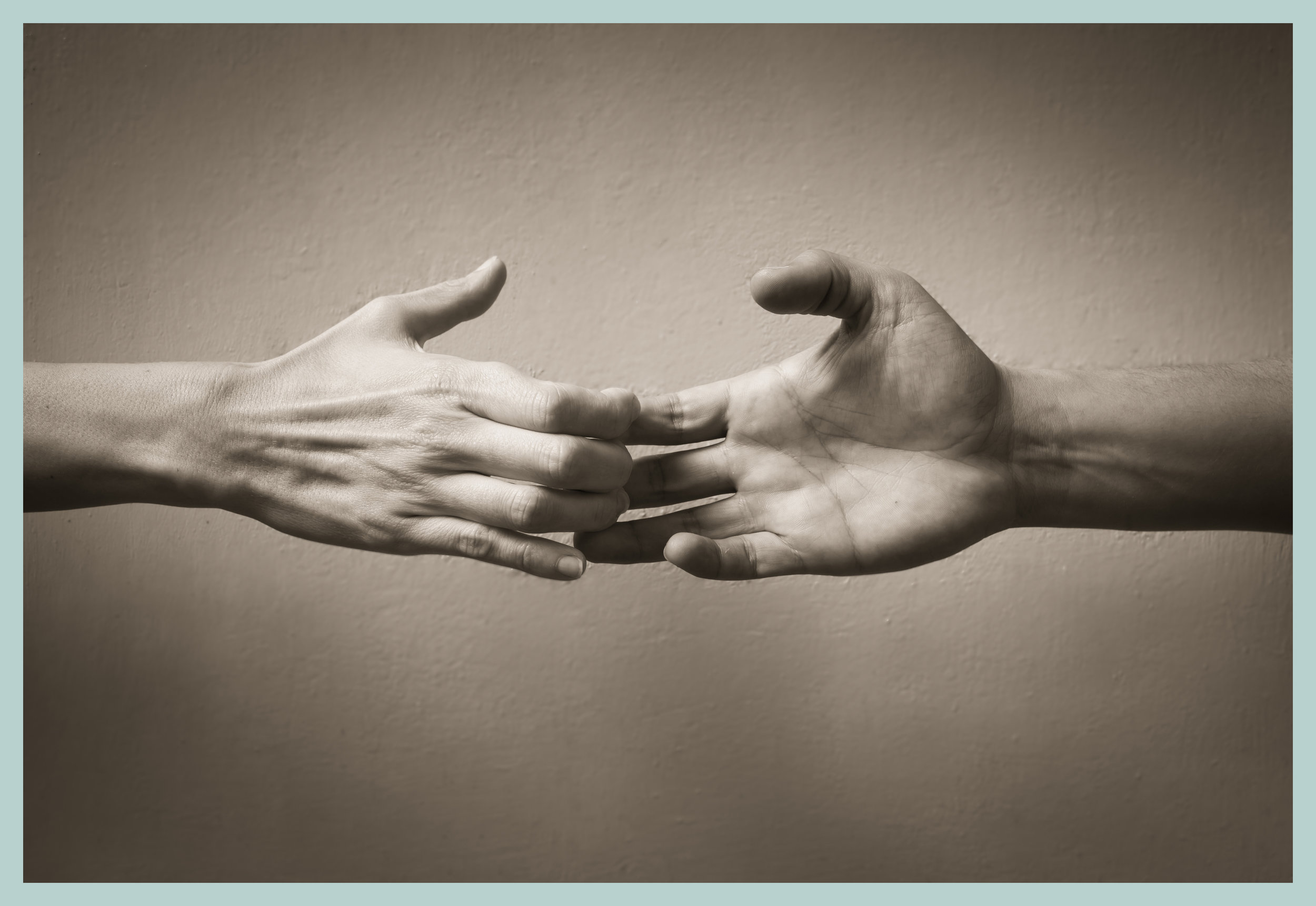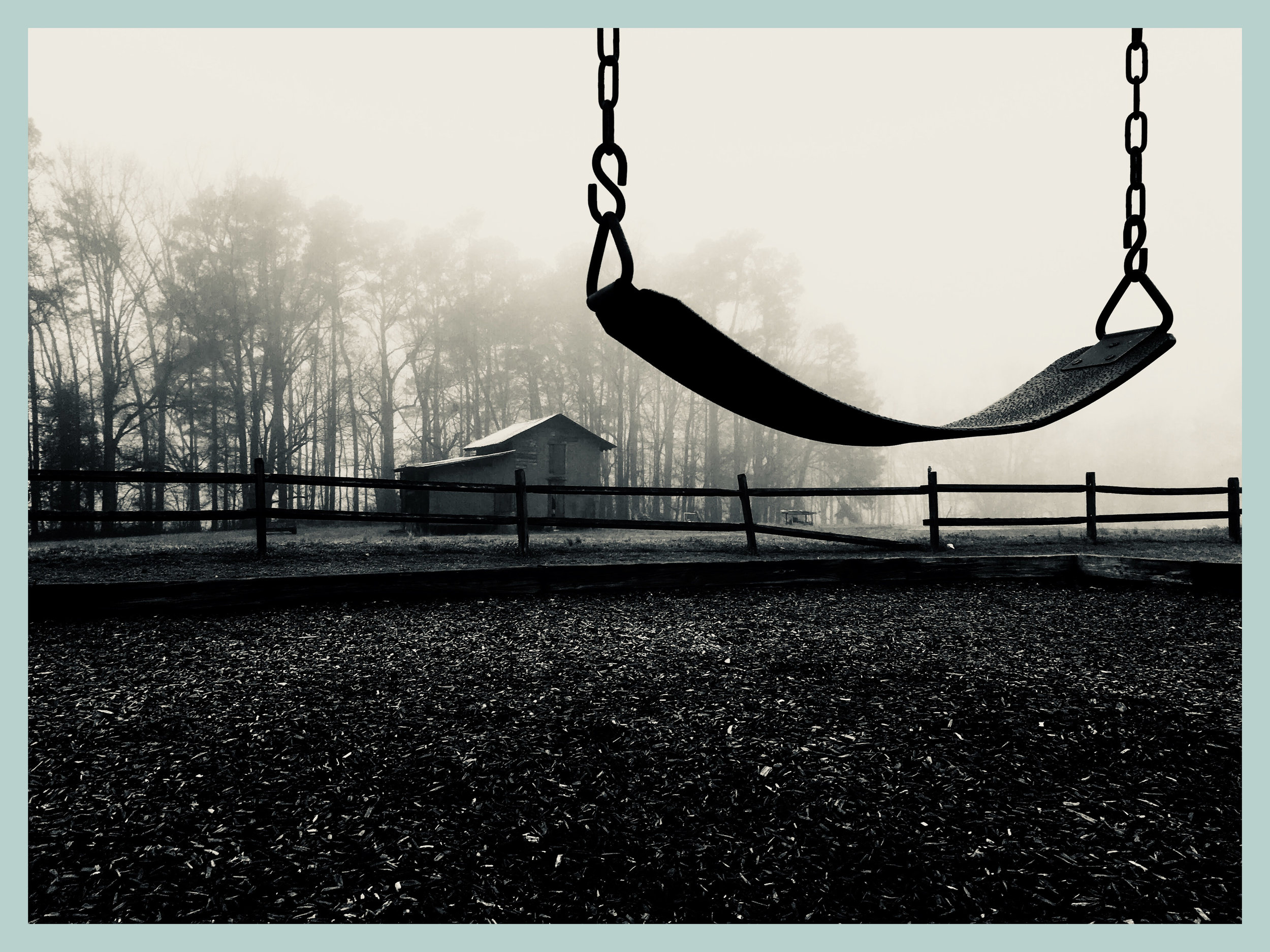Grief comes in many forms. There is the deep grief from the loss of someone dear—a mother, a father, a sibling, an influential grandparent. Each of these are totally different losses, and the grieving is complicated by the kind of relationship we had with each when they were alive. Was the relationship deep and true? Was it broken by betrayal, anger, or jealousy? Is there regret on our part that we didn’t try harder, say more, make that trip, write that letter, make that call?
There is the grief of losing a spouse, a person who has literally and spiritually been the other half of us, a grief that seems to split us right down the middle. If the grief is a death, especially of a long-term marriage partner, we lose the habits we’ve formed together, the memories we’ve made, the places to which we have travelled or planned to visit together. We lose the “knowing you’ll be there” when we wake up in the morning, the shared routine of each day.
Some griefs are for the living: friendships lost, loves betrayed, trust destroyed. Maybe these are the hardest. Such losses never really resolve but are like a splinter buried deep in tender flesh; scar tissue may form, but the splinter is always there to fester anew when life brings new irritation.
The bitterest grief must be the death of a child, no matter the age of the child. The things only a mother knows, the dreams only a father can harbor—all these things (as Luke says of Mary), parents just keep and ponder them in their hearts forever. A baby is a unique person from the beginning, developing like a seedling every day into the quirky specialness of a personality dictated by generations of accumulated DNA. Added to that is the environment those who love (or neglect or abuse) these children create for them to live and breathe in, shaping or distorting the person God intended them to be. So the loss of a child is a deep enduring grief. And as with most griefs comes with the question, “What if…?” Even the best of parents, lovers, spouses, friends, care-givers, mentors ask themselves, “Could I have done more, made other choices, taken advantage of other opportunities?”
Regret and remorse are only helpful to us if we use them to change this day. Loss is of a part of this temporal life, but, unfortunately, we, especially in America, don’t seem to have a very good theology for loss. We seem to be all about winning. We are not very intentional in our circles of spiritual formation about asking, What do I have left? What opportunities do I have today? What would I do, where would I go, what would I say if I knew the person coming in the door, the friend whose text I just received, the old classmate I bumped into at the grocery this morning, the child I just tucked into bed, the sweet man whose body I just reached for before I went to sleep—what if that person was living for the last time today? What should I let go of? What should I treasure and notice? How should I break the silence? What priceless gift am I taking for granted?
Lord, whether I’m losing my shape, my hair, my status, my fortune, my influence, or someone dear to me, help me to choose wisely what I’m hanging on to and what I need to let go of. Help me to turn my grief into gratitude, my loss into love, and my regrets into restoration. Let me reach for and embrace the joy you promised in the morning.




